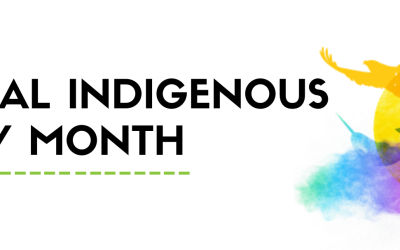I recently completed a project that looked at B.C.’s Nisga’a Treaty, a modern land claims agreement that was finalized in 1998 and came into effect in 2000. Looking now after 10 years, the economic sustainability of the indigenous community is still in question.
However, there is one element that makes the Nisga’a Treaty stand apart from First Nation governments that fall under the antiquated Indian Act: there is a stipulation that the Nisga’a reduce their reliance on federal and BC transfers over time.
Yes, a reduction is not necessarily a plan for elimination with clear timelines, but it is better than nothing. Bands under the Indian Act do not have a similar legislative requirement to reduce their reliance on transfers. They can conceivably maximize own source revenues, yet this would not affect their transfers.
A few decades ago, a group of First Nations in BC announced they would not accept federal transfers as a sign of protest of their dependency on Ottawa. It did not take long for that protest to end as bands discovered their dependency.
Curious about the Nisga’a, I asked an official with Indian and Northern Affairs Canada (INAC) if there was a clear plan to reduce federal dependency for the Nisga’a. His response was telling as he tried to draw parallels with the equalization program, almost as an excuse for Native bands to never really be self-reliant. He said clearly that the Nisga’a may never be self-sufficient and it sounded like he questioned that as an eventual goal.
But, reliance on transfers from other governments has distorting effects. Look no further than equalization as it encourages provinces to pad their public sectors and allows them to make decisions with no accountability to their own taxpayers.
It is much worse on First Nations where most revenues are generated elsewhere. There is little accountability between band governments and their community members. There is also no incentive to create independent communities.
Clearly, Ottawa needs to work with all bands in coming with with a plan for eventual fiscal independence.


